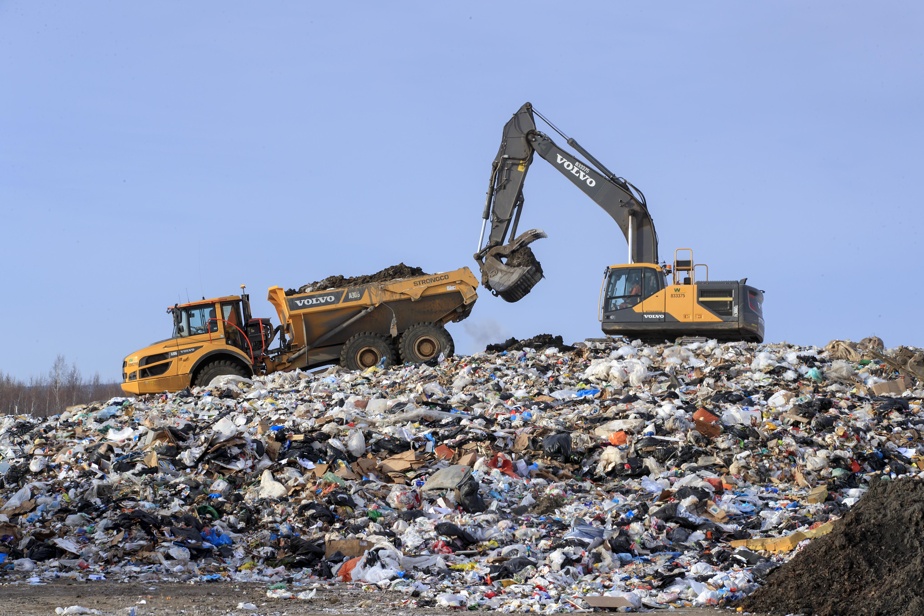“The economy of tomorrow is more sustainable and circular, therefore less intensive in resource consumption,” says Marc Journeault, head of the Accounting and Sustainable Development Research Center at Laval University. To achieve this, Quebec must rethink its modes of production and consumption and act now, says the man who is also co-owner of the Quebec Circular Economy Research Network.
In the principle of the three Rs – reduce, reuse and recycle – reducing the consumption of resources (energy, materials, water, etc.) is the most important, says Mr. Journeault. We must move from an era of disposable products to an era of sustainability… and not just swap plastic for a less polluting material. The solution lies in reusable, system-wide products.
The manufacturing processes of the products and the services offered must be reviewed in order to reduce their environmental impacts. The spearhead of such a shift? Ecodesign, which consists of planning and designing products, buildings and services based on ecological criteria – a crucial step since it induces ecological consequences on the life cycle of products. In addition, we must review the business model for selling products, and focus instead on selling a use, a principle at the heart of the functionality or sharing economy.
It is important to counter the planned obsolescence of devices. To this end, Bill 29, tabled in the National Assembly, proposes a duration of guarantee of good use. It should be more attractive to repair something than to replace it; Household appliances or electronic products must be easily repairable using common tools, and the parts must be accessible at a reasonable price. Displaying a sustainability index – like nutritional values on food – is part of the solution.
We must rethink the end of life of products so as not to extract new resources. Waste must become resources that are recovered, valorized and consumed again, which requires increasing the efficiency of the collection and sorting of residual materials. Multiplying the network of companies so that the outputs of one become the inputs of the other constitutes a doubly winning solution.
Transportation constitutes the activity emitting the most greenhouse gases in Quebec, indicates Mr. Journeault. In order to reduce trucking linked to the delivery of goods, we can replace it with rail and boat transport, which are cheaper and less energy-intensive, which involves reviewing rail infrastructure (neglected in North America). In this era of instant delivery – “at major environmental cost” – grouping together deliveries for the last kilometer(s) avoids multiplying them in a sector. Heavy vehicles must also be decarbonized.
